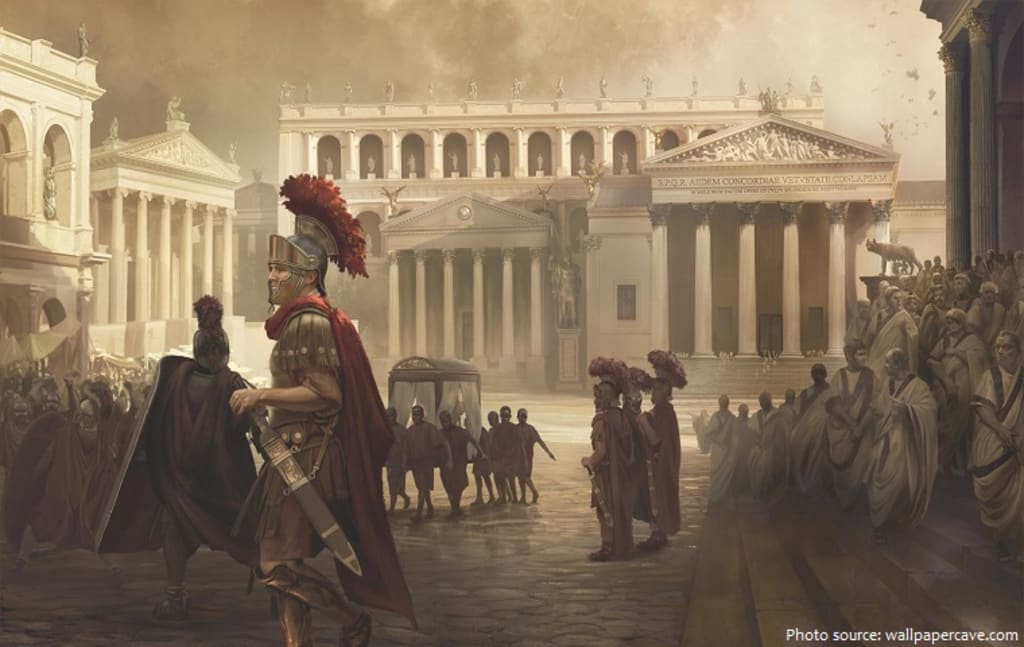
Across the vast expanse of human history, the footprints of ancient civilizations stand as a testament to the ingenuity and ambition of our ancestors. These remarkable societies, with their sophisticated cultures, monumental architecture, and enduring legacies, have left an indelible mark on the collective consciousness of humanity. From the banks of the Nile in ancient Egypt to the valleys of the Tigris and Euphrates in Mesopotamia, the annals of the past echo with the triumphs and tribulations of these illustrious civilizations, each contributing to the mosaic of human development in its own unique way.
The ancient Egyptian civilization, renowned for its monumental pyramids, intricate hieroglyphs, and complex religious beliefs, flourished along the fertile banks of the Nile River. With a rich tapestry of cultural achievements spanning millennia, the Egyptians crafted a society that reverberated with awe-inspiring architectural marvels, such as the Great Pyramid of Giza, and a sophisticated understanding of astronomy and mathematics that laid the foundation for subsequent scientific inquiry. However, despite the resilience and cultural grandeur of ancient Egypt, the civilization faced its own share of challenges, including periods of political instability and foreign invasions that eventually contributed to its gradual decline and assimilation into the tapestry of subsequent empires.
Meanwhile, the cradle of civilization in Mesopotamia, nestled between the Tigris and Euphrates rivers, bore witness to the birth of some of the world's earliest urban societies. The Sumerians, Assyrians, and Babylonians, among others, established thriving city-states marked by intricate systems of writing, sophisticated legal codes, and monumental ziggurats that served as both religious centers and administrative hubs. Despite their contributions to the development of writing and governance, the ancient Mesopotamian civilizations grappled with challenges such as recurrent conflicts and environmental pressures, which ultimately contributed to their eventual decline and absorption into subsequent empires that emerged in the region.
Moreover, the ancient Greek civilization, with its unparalleled achievements in the realms of philosophy, literature, and governance, fostered a cultural and intellectual legacy that continues to resonate through the ages. From the seminal philosophical inquiries of Socrates, Plato, and Aristotle to the epic poems of Homer and the groundbreaking architectural innovations epitomized by the Parthenon, ancient Greece exemplified the heights of human artistic and intellectual endeavor. However, the Greek world was not immune to the tides of political upheaval and conflict, as evidenced by the Peloponnesian War and the eventual conquests by the Macedonian Empire under Alexander the Great, which heralded the beginning of a new era in the Hellenistic world.
Furthermore, the Roman Empire, with its unparalleled military prowess, administrative acumen, and cultural assimilation, stands as a testament to the endurance and adaptability of ancient civilizations. From the iconic architectural achievements embodied by the Colosseum and the Pantheon to the establishment of an intricate legal system that forms the basis of modern jurisprudence, ancient Rome shaped the contours of Western civilization in profound ways. However, the empire's sprawling expanse, internal power struggles, and external pressures ultimately contributed to its fragmentation and the subsequent emergence of the Byzantine Empire in the East and the medieval states in the West.
Additionally, the ancient Chinese civilization, characterized by its sophisticated philosophical traditions, monumental architectural feats, and intricate administrative systems, fostered a cultural legacy that continues to reverberate through the annals of East Asian history. From the monumental construction of the Great Wall to the seminal philosophical inquiries of Confucius and Laozi, ancient China epitomized the interplay between political authority, cultural achievement, and philosophical contemplation. Despite the remarkable achievements of ancient China, the civilization grappled with internal conflicts, external invasions, and periods of political fragmentation, which shaped the trajectory of Chinese history and paved the way for subsequent dynasties and cultural movements.
The saga of ancient civilizations serves as a testament to the ebbs and flows of human endeavor, resilience, and the enduring legacy of cultural achievement. While these illustrious societies may have risen and fallen, their contributions to the collective heritage of humanity continue to shape the trajectory of global history. From their monumental architectural feats to their enduring intellectual legacies, the age of empires stands as a testament to the remarkable capacity of human societies to leave an indelible mark on the tapestry of human civilization. As we navigate the complexities of the modern world, let us not forget the profound lessons and enduring legacies that these ancient civilizations have bequeathed to us, reminding us of the timeless interplay between human ambition, cultural achievement, and the relentless march of time.
About the Creator
Zakaria
📝 Discover a World of Ideas and Insights 🌟 Welcome to a treasure trove of thought-provoking articles carefully crafted to inform, inspire, and entertain. Our articles are more than just words; they are windows into new perspectives.






Comments
There are no comments for this story
Be the first to respond and start the conversation.